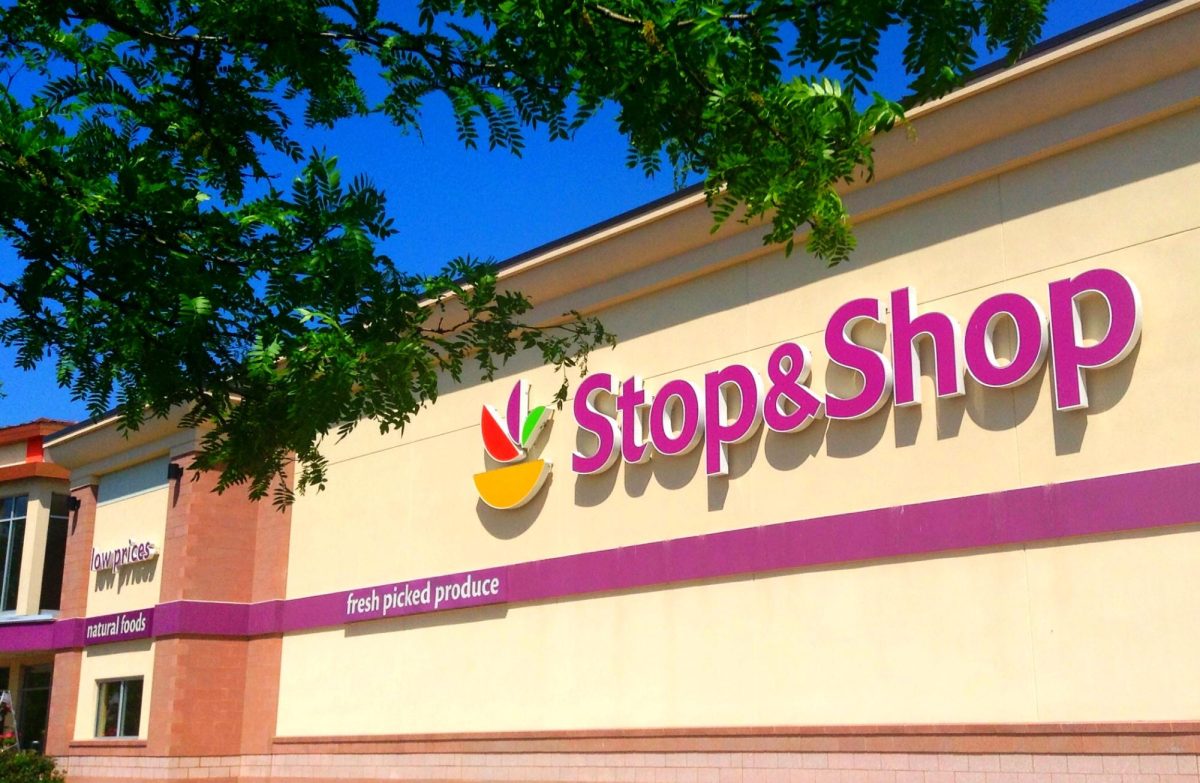In June of 2023, a group of teenagers from Jamaica Plain, Massachusetts conducted a study that made national news, claiming that popular supermarket Stop & Shop had drastically different prices at store locations within 10 miles of one another. This opened up the floodgates for more investigation that ultimately led to Senators Elizabeth Warren and Ed Markey, as well as House of Representatives Jim McGovern and Ayanna Pressley, sending a letter to the chain store in early Oct. 2024 demanding answers.
I can understand a variation of prices from store to store, but when there are full dollar increases in lower-income communities, I begin to question companies like Stop & Shop’s intentions and the focus of our Senators and House Representatives if it took over a year for any formal statement to be made.
During the original study, the Hyde Square Task Force looked at two Stop & Shop locations in the Boston area, one in their hometown of Jamaica Plain and the other less than a half marathon away in Dedham. The teens bought the same grocery list from both stores and found a noticeable increase in the price of the Jamaica Plain location, which didn’t make much sense since Dedham’s median income is three times that of the median income in Jamaica Plain.
Some examples of price differences include the dollar difference in brands like Brigham’s ice cream which would be $5.99 in Jamaica Plain but $4.99 in Dedham. The only difference in the product was what town it was shelved in.
This is what snagged the attention of the news and made the small-town story go national, and why it caught the eye of government officials.
The unfair increase in the pricing of products or services is called price gouging, a popular term thrown around today because of the economic state of the U.S. in 2024.
A common misconception about price gouging is its relation to supply and demand. Prices may increase because an item is needed at a high volume, so to keep up with the demand, a price increases. That’s the same as when there is a price drop or sale because a product is abundant, like if a certain article of clothing goes out of style. A shirt that may have been $50 at one point may retail for $20 a few months later.
Price gouging is not the same.
This phenomenon is labeled as such when there is no real reason for the price difference, like when a carton of ice cream costs a dollar more at the store a 15-minute drive away.
So why is Stop & Shop increasing their prices in lower-income communities when, if anything, it would make more sense to jack up prices in the $119,000 median income town of Dedham than the $41,000 median income average in Jamaica Plain?
That’s where the label of price gouging gets thrown on.
Not only is it ridiculous that serious actions against Stop & Shop took over a year to be produced, but the statement given to the students by representatives of the store at the time of the study was also as vague as it could have been.
“We sincerely appreciate the efforts of this group of local students. A number of factors go into pricing and promotion at our stores,” the written statement from Stop & Shop to NewsCenter 5 said.
Warren, Marky, McGovern and Pressley countered with their statement from Congress a little over a year later.
“Under no circumstances does Stop & Shop consider a store neighborhood’s socioeconomic makeup when setting prices. Stop & Shop, like many other retailers, has prices that may vary by store location to account for factors like whether a property is owned or leased, rent, labor costs, store size, and store offerings, among other things,” the statement reads.
Do I think it’s a little ridiculous the Senate and House of Representatives waited over a year to address such a pressing issue? Absolutely, but what’s even more ridiculous is how long Stop & Shop and other food stores alike may have gotten away with such insane price gaps if a group of teenagers had not connected the dots.
A dollar difference may not seem like a lot, but that same group of teens crafted a year-long estimation of grocery prices between the two stores, leaving Jamaica Plain paying roughly $2,800 more for their items than their neighbors down the street in Dedham.
That’s the price of a crappy used car, a month or two of a mortgage payment or dozens upon dozens of dinners.
Price gouging is illegal in multiple states, including Connecticut and California to list a few, and though Massachusetts has not made it on that list yet, it does not make whatever some stores, including Stop & Shop, are doing okay.








